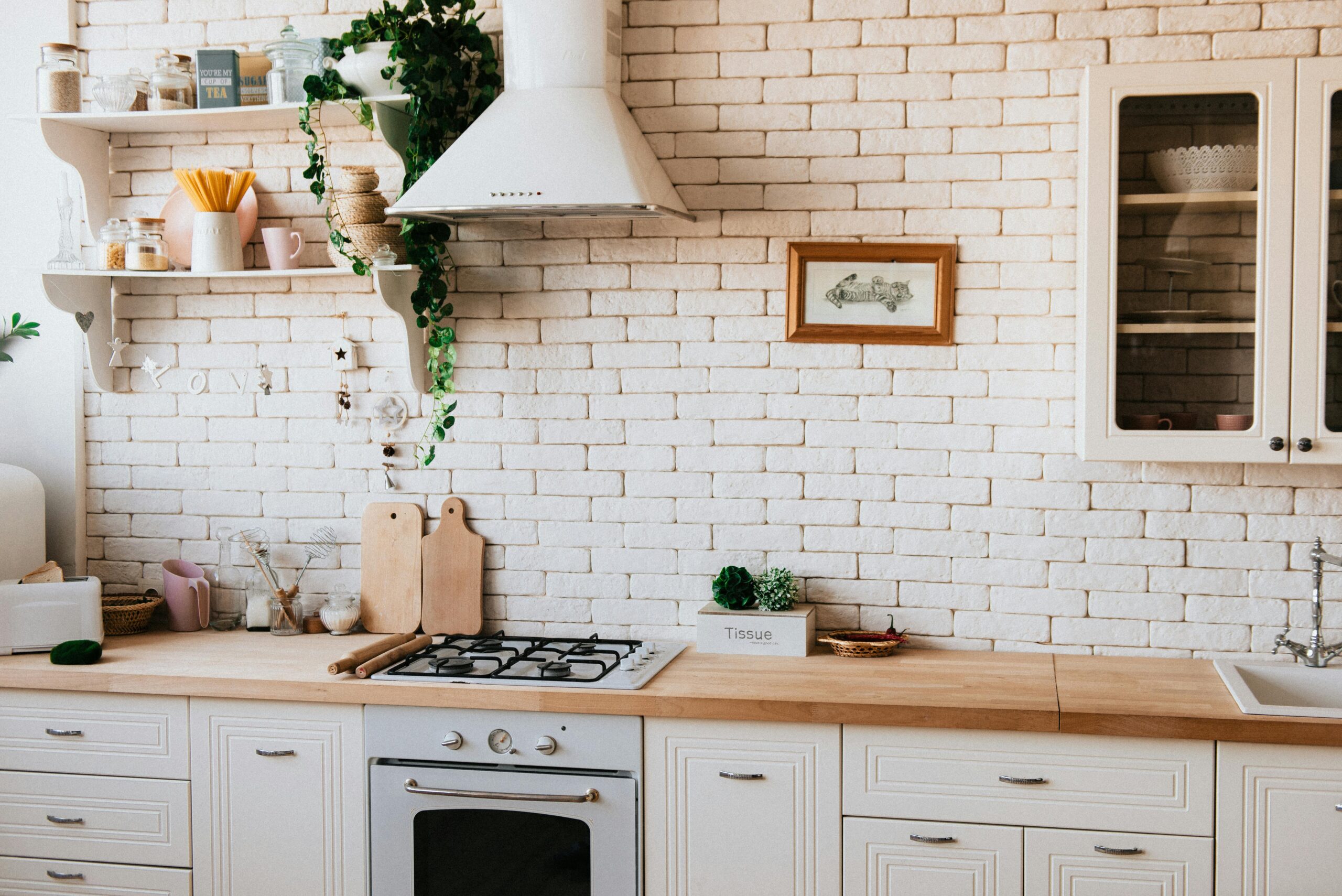Mental health issues have emerged as a significant concern across the United States, with a notable number of adults reporting symptoms of anxiety and depressive disorders. In Maryland, for instance, between February 1 and 13, 2023, 27.3% of adults reported experiencing such symptoms, slightly lower than the national average of 32.3%. This data underscores the pervasive nature of mental health challenges many face today. Amidst these statistics, the impact of one’s living environment, particularly the state of their home, on mental well-being cannot be overstated. A cluttered house, often overlooked, plays a critical role in exacerbating or potentially triggering mental health issues.
This guide aims to explore the various ways a disorganized and cluttered space can negatively affect one’s psychological state, emphasizing the importance of maintaining a tidy and harmonious living environment for both mental and physical health.
1. Increased Stress and Anxiety
Living in a cluttered space can significantly elevate stress and anxiety levels. The visual chaos of a disorganized home serves as a constant reminder of unfinished tasks and disarray, making it difficult for individuals to fully relax and unwind. This perpetual state of unrest can lead to chronic stress, which, over time, deteriorates one’s mental health, contributing to feelings of anxiety and even depression. The inability to find solace in one’s living environment can create a cycle of stress that is hard to break, further impacting daily functioning and overall well-being.
For residents of Maryland looking to alleviate such stress by decluttering their homes, self storage Crofton MD offers a viable solution. Utilizing self-storage units to house excess belongings can dramatically reduce the clutter within the living space, creating a more serene and organized environment. By having a dedicated space to store seldom-used items, residents can enjoy the benefits of a tidier home without having to part with possessions that may hold sentimental value.
2. Disrupted Sleep Patterns
The impact of a cluttered house extends into the night, affecting sleep quality and patterns. The discomfort and unrest associated with a disorganized bedroom environment can make it challenging to fall asleep or lead to frequent awakenings throughout the night. Poor sleep hygiene, exacerbated by clutter, results in inadequate rest, which is crucial for physical health and emotional resilience. Over time, the cumulative effect of disrupted sleep can significantly affect one’s mood, productivity, and ability to cope with stress, creating a vicious cycle of anxiety and sleeplessness.
Creating a clutter-free and calming bedroom space is essential for promoting restful sleep. It involves not only organizing and decluttering the room but also adopting practices that enhance the tranquility of the sleeping environment, such as using soothing colors, maintaining a comfortable temperature, and minimizing electronic distractions. A dedicated effort to transform the bedroom into a peaceful retreat can lead to marked improvements in sleep quality, thereby positively influencing overall mental health and well-being.
3. Difficulty Focusing and Decreased Productivity
A cluttered home environment poses significant challenges to maintaining focus and achieving productivity, particularly for those working or studying from home. The visual and physical clutter can be a constant source of distraction, diverting attention from tasks at hand and leading to procrastination. This decrease in productivity not only affects professional and academic outcomes but also contributes to feelings of inadequacy and frustration. The inability to accomplish tasks efficiently in a disorganized space can lower self-esteem and exacerbate feelings of anxiety and stress.
Organizing work and living spaces is crucial for enhancing focus and productivity. This includes designating specific areas for work or study, free from clutter and distractions, and implementing organizational systems that ensure essential items are easily accessible. Establishing a tidy, designated workspace can help create mental boundaries between work and relaxation areas, facilitating a more focused and productive work ethic. By taking control of their physical environment, individuals can significantly improve their ability to concentrate, achieve their goals, and foster a sense of accomplishment and well-being.
4. Negative Impact on Social Life
A cluttered home can significantly impact one’s social life, often leading to isolation or reluctance to host guests. The embarrassment or concern over how others might perceive the disorganized space can prevent individuals from inviting friends and family over, limiting social interactions and support networks that are crucial for mental health. This self-imposed isolation can exacerbate feelings of loneliness and depression, as social connections are fundamental to emotional well-being. The stress of maintaining appearances or the fear of judgment can become yet another source of anxiety, further diminishing one’s quality of life.
Creating inviting spaces within the home can counteract this effect, encouraging more frequent social interactions and strengthening relationships. Taking steps to declutter and organize common areas can make hosting less stressful and more enjoyable.
5. Lowered Air Quality and Health Risks
Clutter not only affects mental well-being but can also have direct physical health implications. A cluttered house often harbors dust, mold, and allergens, which can compromise air quality and pose health risks, especially for those with respiratory conditions or allergies. The accumulation of items can create environments where dust mites and mold thrive, leading to poor indoor air quality that can exacerbate asthma symptoms and other health issues. This direct link between clutter and health underscores the importance of maintaining a clean and organized home for physical well-being.
Regular cleaning and decluttering are essential for improving air quality and reducing health risks. Removing clutter eliminates spaces where dust and mold can accumulate while also making it easier to clean and maintain a healthy living environment. Additionally, investing in air purifiers or ensuring adequate ventilation can help mitigate the effects of poor air quality.
6. Hindered Personal Growth and Self-Perception
Living in a cluttered environment can also affect personal growth and self-perception. The chaos and disorder of a cluttered space can reflect and reinforce negative feelings about oneself, potentially hindering personal development and self-esteem. The external environment often mirrors our internal state, and a disorganized home can symbolize a lack of control or personal efficacy. This perception can lead to decreased motivation to pursue goals or make positive changes, impacting overall life satisfaction and happiness.
Viewing decluttering and organizing as forms of self-care can significantly improve self-perception and promote personal growth. Taking control of one’s environment can be empowering, leading to a more positive self-image and increased confidence. By creating a space that reflects personal values and aspirations, individuals can foster an environment conducive to growth and self-improvement. Decluttering becomes more than just a physical task; it’s a step towards creating a life that aligns with one’s goals and desires.
Conclusion
The state of our living environment has profound effects on our mental and physical well-being, social life, personal growth, and self-perception. Cluttered spaces contribute to increased stress and anxiety, disrupted sleep patterns, decreased productivity, social isolation, health risks, and hindered personal development. By recognizing the impact of clutter and taking proactive steps to create a more organized and inviting home, individuals can significantly enhance their overall well-being. Decluttering is not only about creating a visually appealing space; it’s about crafting an environment that supports and nurtures our mental health, relationships, and personal aspirations.


